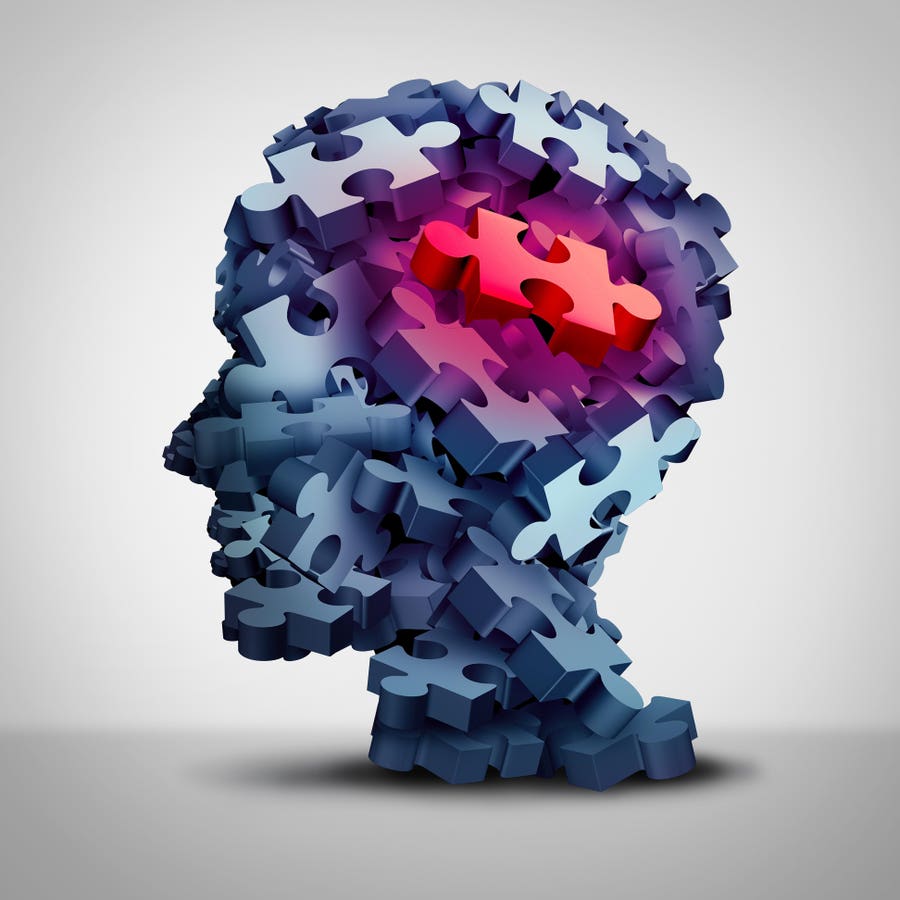Generative AI Challenges Traditional Mental Health Therapists

The Role of Generative AI in Diagnosing Schizophrenia
In recent years, generative AI has gained traction in various fields, including healthcare and mental health. This article delves into how generative AI is being used to diagnose schizophrenia and forecast long-term outcomes for individuals diagnosed with this challenging mental health disorder.
Understanding Schizophrenia
Schizophrenia is classified as a chronic mental disorder characterized by a range of symptoms that can significantly impair an individual’s thought processes and behaviors. According to the Diagnostic and Statistical Manual of Mental Disorders, Fifth Edition (DSM-5), symptoms often include:
- Delusions: Strong beliefs not rooted in reality.
- Hallucinations: Seeing or hearing things that are not there.
- Disorganized thinking: Difficulty organizing thoughts, which can lead to incoherent speech.
- Negative symptoms: Reduced emotional expression or lack of motivation.
The prevalence of schizophrenia ranges from 0.3% to 0.7% globally, showing variations across different demographics.
Assessing Mental Health: A Scenario
Let’s consider a hypothetical case: An individual shows symptoms suggesting schizophrenia, which prompts an evaluation by a mental health professional. Traditionally, this professional would diagnose the individual based on established criteria and recommend a course of action, typically involving therapy and possibly medication. However, what happens if the person declines treatment or lacks access to mental health resources?
Prognosis Questions
Evaluating prognosis is complex. Consider these scenarios:
- With Professional Help: Generally, one might assume that the individual has a better chance of managing or overcoming symptoms.
- Without Professional Help: The prognosis may appear grim, with a higher likelihood of worsening symptoms.
However, predicting outcomes is not straightforward for anyone, including trained professionals.
Who Makes the Prognosis?
The question arises: Who should make the prognosis? While mental health professionals bring years of training and expertise, generative AI technology is also entering the scene. What if AI were to provide predictions about an individual’s mental health without any human oversight? An intriguing study explored this very issue.
Comparing Perspectives on Prognosis
Research has compared prognoses on schizophrenia made by professionals, laypeople, and generative AI. The study involved multiple AI platforms, including ChatGPT and Google Bard, and aimed to evaluate their ability to predict potential outcomes for patients diagnosed with schizophrenia.
Emerging Research and Findings
Initial findings show that generative AI shows promise in prognostic capabilities, but with caveats. Here are some observations based on various studies:
- Generative AI can produce assessments similar to those of trained professionals.
- AI responses are generally consistent when predicting outcomes for untreated schizophrenia, often agreeing that conditions will worsen without intervention.
- In instances where individuals receive treatment, AI predictions can align closely with mental health professionals, although some AI models, such as ChatGPT-3.5, tend to be more pessimistic than others.
Evaluating a Vignette: AI in Action
Research employed vignettes—detailed descriptions of cases—to evaluate the AI’s diagnostic capabilities. In one scenario, both ChatGPT and GPT-4 assessed a character exhibiting signs of schizophrenia with similar conclusions, suggesting the presence of the disorder.
When prompted for advice on managing symptoms, both AI models suggested an evaluation by a mental health professional, noting the potential benefit of medication and therapy.
Limitations and Considerations
While generative AI has advanced, it raises significant ethical questions. The expectation of perfection from AI can be misleading; results may lack the nuance that comes with human experience. There’s also concern that users may accept AI-generated conclusions without skepticism, leading to potential misinformation.
Future Directions
As more individuals turn to generative AI for mental health insights, the long-term effects are unclear. The academic scrutiny is essential to ensure the accuracy and safety of AI-generated health advisements. There’s a pressing need for thorough validation of these technologies within the mental health field.
Generative AI demonstrates considerable potential in addressing mental health challenges, particularly in diagnosing complex conditions such as schizophrenia. The ongoing research and practical applications of AI in mental health offer a glimpse into future possibilities, but vigilance and critical evaluation remain paramount as we navigate this evolving landscape.





